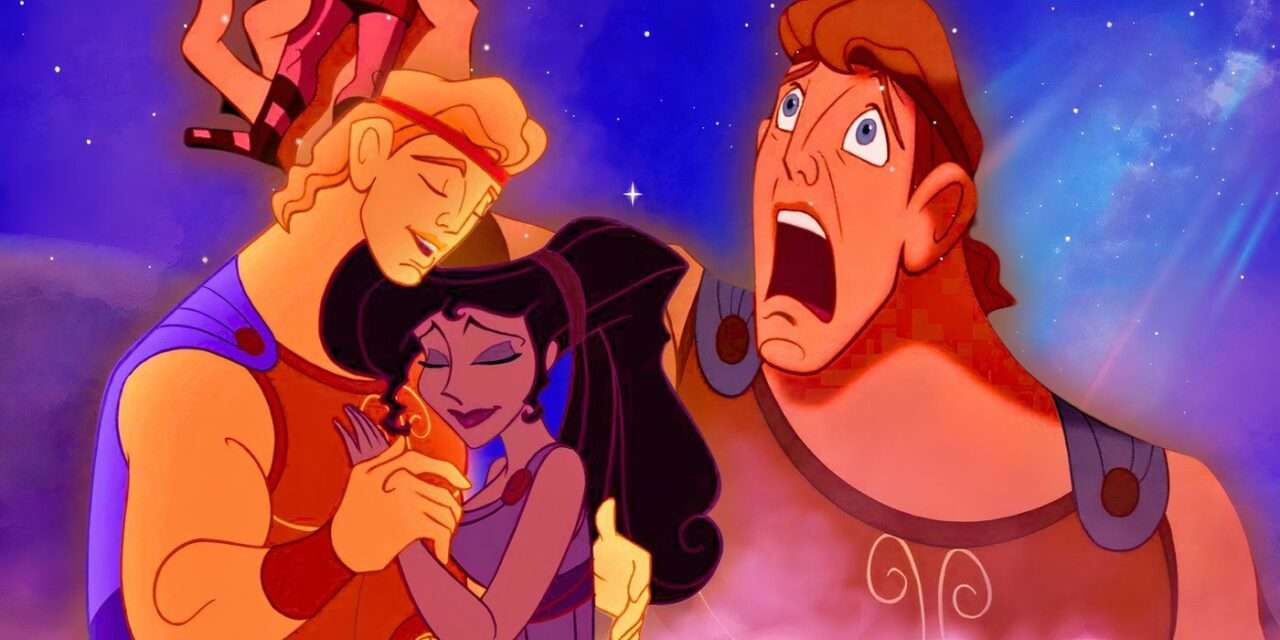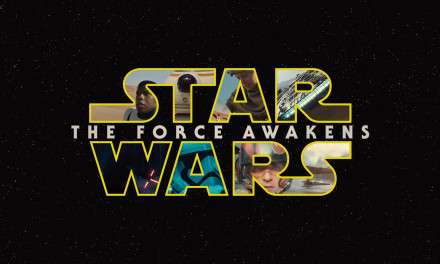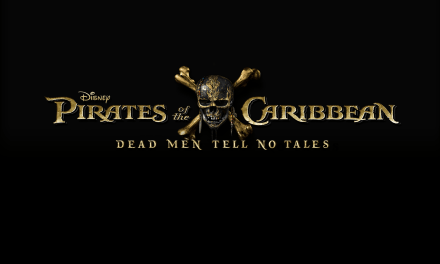Disney’s *Hercules*: The True Tragedy Behind Hercules and Megara’s Relationship
Disney’s 1997 animated film *Hercules* is widely cherished for its upbeat music, endearing characters, and heartwarming love story between Hercules and Megara. Directed by John Musker and Ron Clements, the movie takes several creative liberties with the original Greek myth to suit Disney’s family-friendly model. However, the truth behind Hercules and Megara’s relationship is far more tragic than the animated film suggests.
In *Hercules*, our hero is stripped of his immortality by the scheming Hades. Raised as a mortal, Hercules embarks on a journey to reclaim his place on Mount Olympus. Along the way, he meets Megara, who becomes his love interest. The film concludes with Hercules choosing to remain on Earth with Megara, foregoing his divine powers for love. This happy ending deviates significantly from Greek mythology.
The upcoming live-action remake of *Hercules* offers Disney an opportunity to address some of the animated film’s controversial departures from the original myth. In the myths, Hercules, originally known as Heracles, faces tragedies unfit for a Disney audience. Known by his Roman name in the film, Heracles was the son of Zeus and a mortal woman named Alcmene, not Hera. Hera, Zeus’ wife and the queen of the gods, despised Heracles, unlike her supportive portrayal in the film. Additionally, the muses, Pegasus, and the portrayal of Hades, were all creatively altered for Disney’s version.
In the realm of Greek mythology, Heracles and Megara’s story ends in sorrow. Megara, the daughter of King Creon, marries Heracles, and they have children together. However, Hera’s hatred drives Heracles into a temporary madness, resulting in him tragically killing Megara and their children. This dark narrative is understandably omitted from Disney’s adaptation, as it would be too grim for a family film.
Given the original myth’s complexity, Disney’s decision to provide a romantic and triumphant conclusion for Hercules and Megara was fitting for its audience. The heroic narrative and tragic love story might not be fully explored in future adaptations, but perhaps other elements more faithful to the myth could be included.
We’d love to hear your thoughts on how Disney handles adaptations of classic myths! Do you prefer the happy endings, or would you like to see more accurate portrayals? Share your opinions in the comments below, and don’t forget to share this story with fellow Disney fans!
(Source: ScreenRant)





